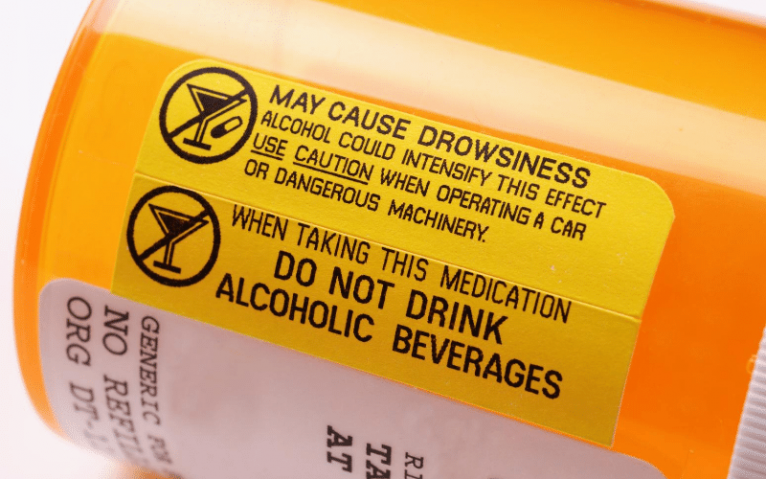The Dangers- and Popularity- of Mixing Drugs
Although many addicts and alcoholics have a particular “drug of choice,” or substance they primarily use, many others experiment with mixing drugs and alcohol. Several studies have found that for many people, abusing more than one drug is the rule, not the exception.
This trend poses a serious threat to the health and safety of many who struggle with substance abuse issues. The CDC found that in over half of all opiate overdoses in the United States, other drugs were present in the user’s system. Addressing the problem of mixing drugs and alcohol is a crucial factor in the battle against the addiction epidemic in the United States.
Specific Risks of Mixing Drugs
Alcohol is one of the most popular substances Americans use. In fact, according to surveys, over 80 percent of Americans use alcohol at some point in their lives, and over 25 percent report recent binge drinking. Alcohol can be dangerous enough on its own, but when combined with other drugs, it can be fatal. Different combinations of drugs can also cause real harm.
Alcohol and cocaine: Generally, mixing these substances can result in a sudden build-up of cocaethylene in the liver and other organs. As a result, the user may experience a heart attack, brain damage, stroke, and other cardiac problems that can result in death.
Alcohol and benzodiazepines: Mixing drugs like benzodiazepines (such as Xanax) can overwhelm the system. Since both of these drugs slow down the respiratory system, the result can be loss of consciousness, slowed or stopped breathing, and death.
Heroin and cocaine: While heroin slows down the brain and body, cocaine speeds it up. As a result, this combination can result in an increased risk of overdose.
These are just a few examples of the harmful effects of mixing drugs. Other combinations, including using more than one narcotic prescription, can result in:
- Heart problems
- Overdose
- Increased tolerance and addiction to more than one substance
- Stomach ulcers and bleeding
- Seizures
- Organ damage and failure
- Increased intoxication, leading to high-risk behaviors and also a higher chance of injury
The dangers of mixing drugs go beyond what happens in the user’s body. When someone uses more than one substance, they may end up far more intoxicated than they expected. Additionally, this can lead to poor judgment, aggression, dangerous decisions like driving under the influence, high-risk sexual behaviors, and injuries.
Treating Polysubstance Abuse and Addiction
The unfortunate reality is that many people end up addicted to more than one substance. Generally, addiction to any substance comes with severe damage to health, relationships, careers, and mental health. Sometimes, a user will attempt to quit what they perceive to be “the more harmful” drug. For example, someone who is addicted to alcohol and cocaine may think that they can learn to use alcohol safely and reasonably if they can put down the cocaine.
Florida Drug Rehab
It is essential to treat every addiction someone suffers from to truly address the problem. Florida drug rehab should focus on helping patients look at the underlying reasons they struggle with substances. Additionally, treatment can help to replace unhealthy behaviors and thought patterns.
That’s why at Lighthouse Recovery Institute, we focus on comprehensive, individual, holistic care. We aim to help our patients create a new way of life, not just change one habit. If you’re struggling with multiple addictions, contact us today!









